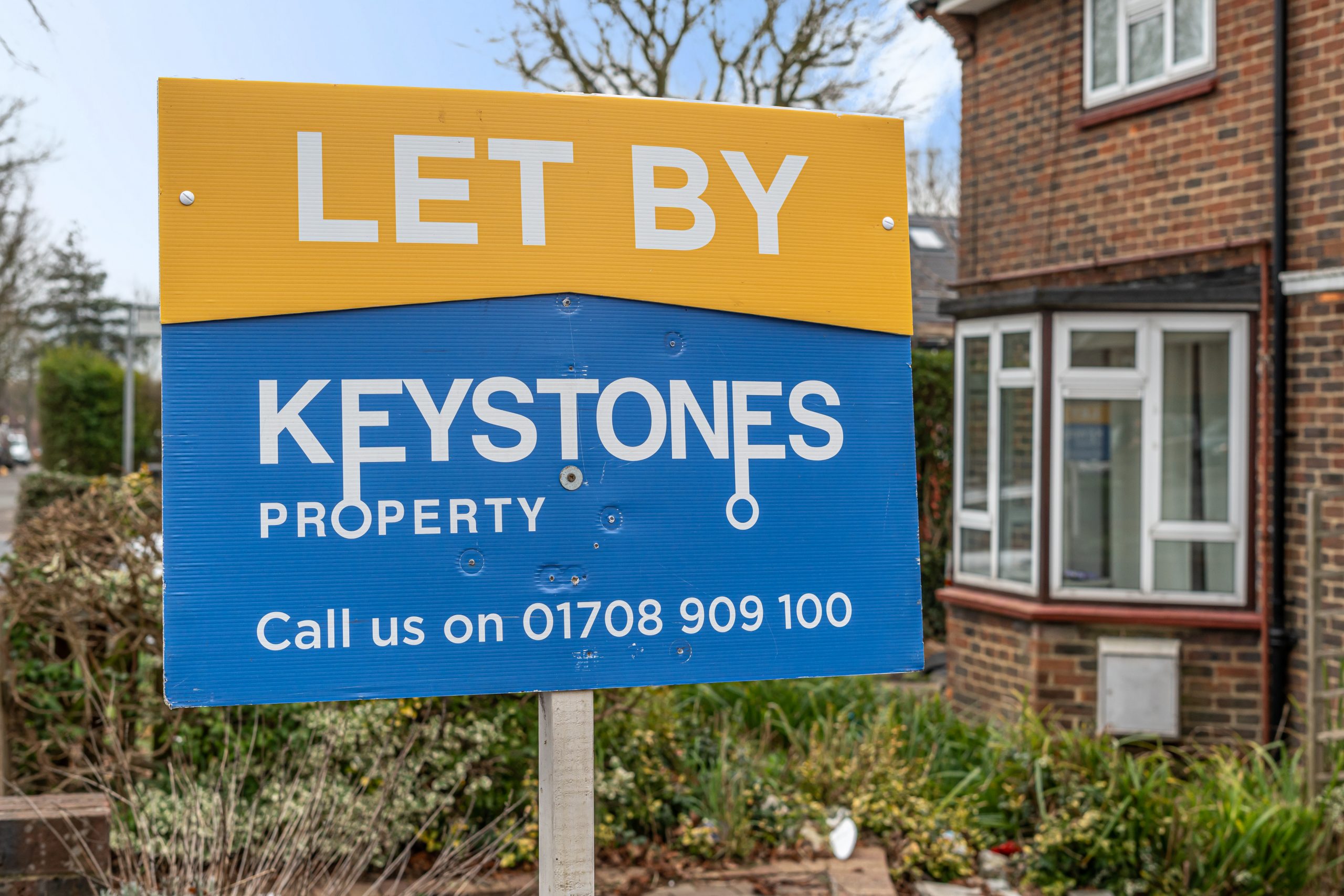How to make the most of selling your home in the popular Romford area; maximising kerb appeal, decluttering to help people visualise themselves living there.
Making the most of your property sale in this popular part of east London
If you have a property to sell in the Romford area, then you’re in a good position as east London property prices are performing well compared to more central London areas; the opening of major transport link Crossrail will likely fuel further demand.
Romford property on the rise
In general prices in central London areas have dipped while those in east London and other areas away from the centre are rising; it’s partly due to buyers looking further afield as central London pricing proves prohibitive for many. As of earlier in 2018, properties were taking an average of just 28 days to sell in the Romford area.
So how can you help ensure your property joins the other quick sellers in the area?
Choose your estate agent carefully
Selecting a suitable estate agent in Romford is key to your property selling as fast as possible and for the sale to progress smoothly.
Talk to them and ask how they’ll market your property and listen to any advice they may have to help make your property more appealing. Remember, your agent is just as keen as you are for your property to sell quickly for the highest price possible.
On that point don’t just choose an estate agent based on who values your home the highest; what you should do is ask them why they value your property at the price quoted. Some agents will offer a high valuation just to get you on their books and then, if the property doesn’t sell quickly, may try to ‘talk you down’ on price.
No need to spend a fortune
In all likelihood you won’t need to spend much to make your property more saleable – indeed, it could be false economy. Much of what you do to help the property’s saleability will be low or even no-cost measures:
Kerb appeal – the important first impression a viewer will have of your property as they approach from the road or path in front. Here’s how to enhance the fabled kerb appeal:
Tidy the garden – trim bushes and overhanging tree branches, and tidy up flower beds and borders.
Mow the lawn – a well kept lawn always impresses
Paintwork – at least give exterior paintwork a wash and wipe down; if it’s looking a bit tired than repainting, including the front door, is worthwhile
Tidiness – general tidiness inside and out makes a big difference. A cluttered home makes it look as if there’s not much room or space, and too many personal items such as shoes strewn around the hallway and personal items stuffed in cupboards and on shelving make it harder for your viewer to visualise your home as their living space.
Decorating – many viewers will have their own ideas for colour schemes if they buy, but a house in general good decorative order is more appealing. This can be especially the case if the decor makes the property look less spacious or dingier – this can happen when darker shades in smaller areas are used. It may be worth repainting a few areas – especially hallways – in lighter colours.
Cleanliness – a dirty home will put people off so ensure everything is clean and tidy. Arranging or conducting a deep clean is worth while; taken in context it’s a small expense if you don’t do it yourself. Don’t forget the windows; clean windows inside and out helps enormously and if those skylights haven’t been cleaned in a while then see to it; the extra light will enhance the interior look.
Lighting – if it’s a late afternoon or evening viewing in winter, it’s preferable to light a room with more discreet lighting to make it look homelier and relaxing such as using an uplighter or a couple of lamps and sidelights rather than a large ceiling light.
Odours – if there are any obvious odours such as from drains get them dealt with. Try to avoid cooking certain foods such as fish the day before or on the day of a viewing.
Let your estate agent step in
If you can it’s preferable to let your estate agent conduct the viewings; they’re experienced in highlighting the positives of a given property and downplaying the negatives, and it can help as they’re less emotionally connected to your home than you might be.









